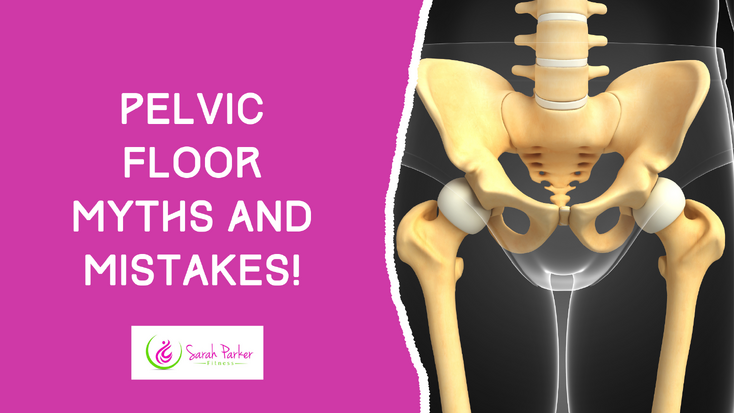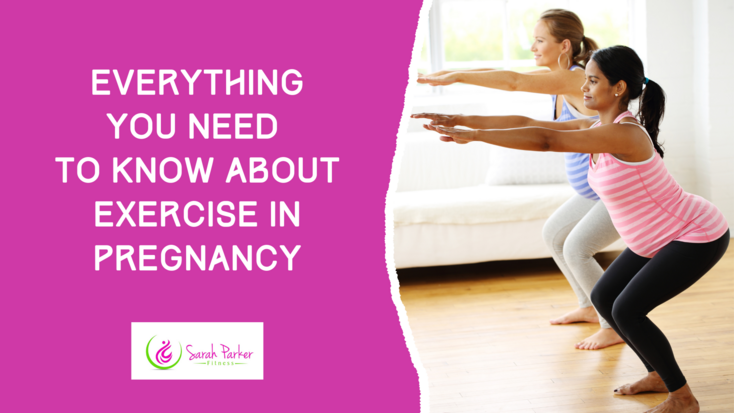All posts
Parenting
Pelvic floor
Pregnancy
postnatal
diastasis
exercise
postnatal exercise
caesarean
healing foods
nutrition
Uncategorized
pregnancy exercise
prolapse
Pilates
kegels
pelvic organ prolapse
mothers day
mothers love
body shaming
c-section
health
breathing
core strength
relaxation
diastasis recti
mummy tummy
fitness
healthy living
old age
prenatal
back pain
pelvic girdle pain
PGP
pregnancy
abdominal exercises
crunches
c-section recovery
childbirth
healing
six week check
wound
anniversary
exercise classes
Sarah Parker Fitness
thanks
bladder health
incontinence
pregnancy pain
sciatic pain
breastfeeding
new mum
return to exercise
feet
gait
posture
walking
baby development
goals
New Years resolutions
healthy eating
benefits of exercise
exercise pill
core exercise
aching after exercise
DOMS
muscles soreness
healthy choices
mothering
fun
mum guilt
mum life
national breastfeeding week
self-care
aging well
workout
LBT
cardio
heart health
mobility
stretches
stress relief
back care
walkfit
beginners
hypopressives
menopause
brain health
menopause
mindfulness
beginners exercise
gentle exercise
strength
kettlebells
trigger point Pilates

Pelvic floor · Sarah Parker · May 5, 2022
What is the best exercise for a prolapse?
I was asked a few weeks ago for the top exercises someone could do to help a prolapse.
My answers were:
It depends
Hypopressives
…Read more

Pelvic floor · Sarah Parker · Apr 7, 2022
Pelvic Floor Exercises Mistakes - and how to do it right
Myth #1 - Leaking is inevitable after childbirth, menopause and as you age
Little oops moments…
Triple crossing your legs…Read more

Pelvic floor · Sarah Parker · Mar 23, 2022
Everything you need to know about exercise in pregnancy
This should cover all the questions I'm normally asked about exercise and pregnancy, but if you have any questions I haven't covered please ask belo…Read more

Pelvic floor · Sarah Parker · Jul 30, 2017
Can you train your abs in early pregnancy?
What do you think? Should you work your abdominals in pregnancy? Or are they a no-go area? And if so, what exercises are appropriate.
When I p…Read more
Pelvic floor · Sarah Parker · Mar 2, 2017
How you can help your pelvic floor
I was asked by someone this week about rehabbing the pelvic floor post birth, in preparation for getting back to running. I was so pleased that she …Read more
Pelvic floor · Sarah Parker · Aug 11, 2016
Heal your diastasis with food!
I really enjoyed listening to a webinar from Jessica Drummond of the Integrative Women's Health Institute last week.
One of the sections that I was…Read more
Pelvic floor · Sarah Parker · Jun 30, 2016
When can I run again?
If you search the internet for the answer to starting running again after baby you may well be confused by the information out there. There are some…Read more
Pelvic floor · Sarah Parker · Jan 19, 2016
Incontinence Part 2
November was national incontinence and bladder health awareness month in the U.S. As lots of the training resources I use come from there it seemed a…Read more
Pelvic floor · Sarah Parker · Oct 16, 2015
Stress Incontinence
So last week a blog was doing the rounds on some of the Facebook pages I follow. It was talking about the incidence of urinary incontinence in exer…Read more
___MESSAGE___
___MESSAGE___
